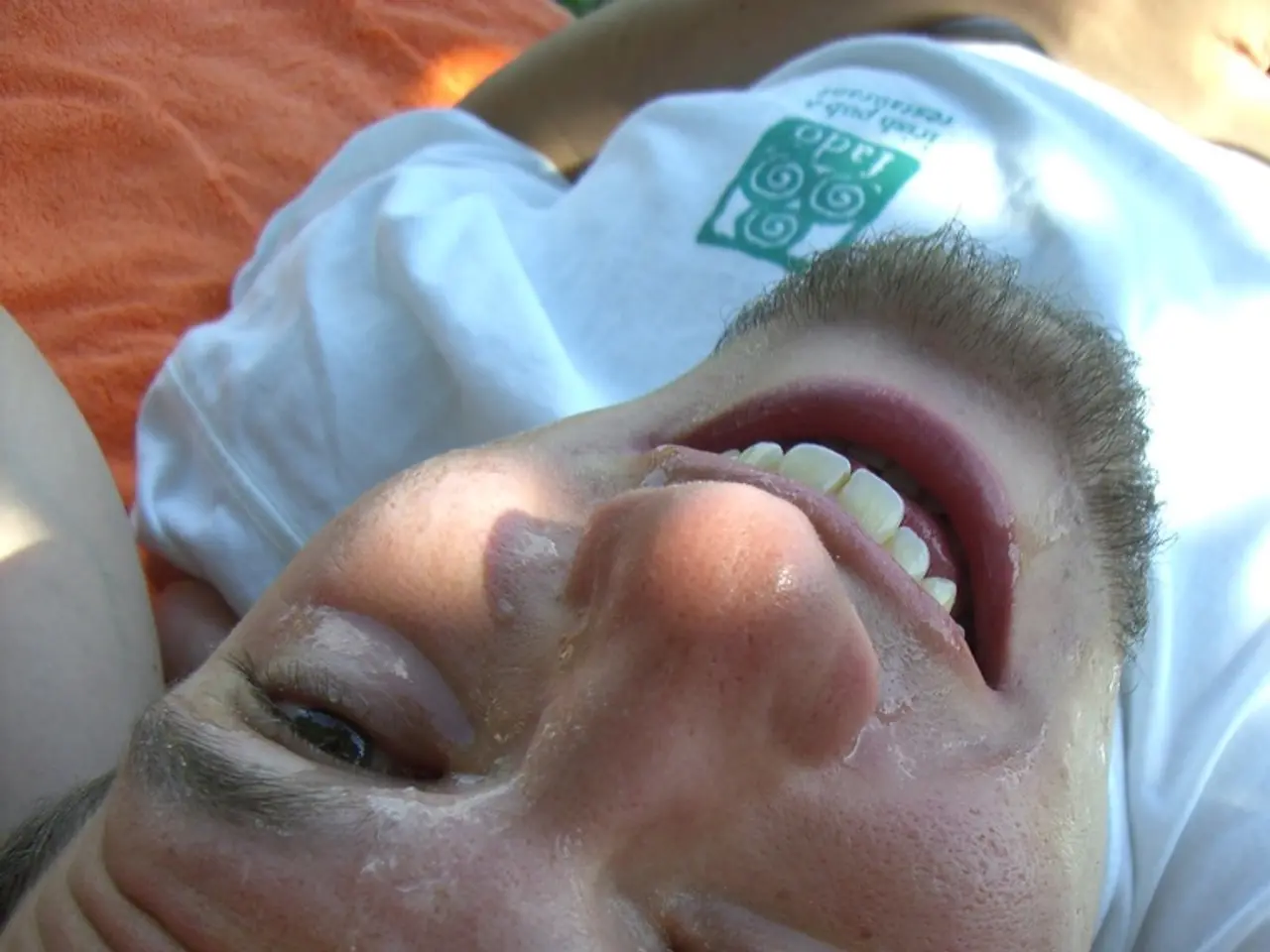Exposing a Habitual Deceiver: Strategies for Revealing the Truth
In the intricate world of human behaviour, the act of lying has long been a subject of fascination and study. Two renowned experts in the field, Dr Christian Bloötner and Dr Molly MacMillan, have contributed significantly to our understanding of deception.
Dr Bloötner's research sheds light on the connection between Machiavellianism and the art of bullst. He suggests that individuals who score highly in the avoidance facet of Machiavellianism are more inclined to evade truth in a roundabout manner, whereas those with a high score in the approach facet are more likely to engage in persuasive bullst.
On the other hand, Dr MacMillan, a researcher at the Memorial University of Newfoundland, emphasises that telling a convincing lie requires cognitive effort. This is supported by a 2023 study that investigated the ability to lie by examining 400 participants to understand the cognitive and psychological mechanisms behind deceptive behaviour. Interestingly, those more skilled at lying in a spontaneous conversation tended to score more highly on 'fluid intelligence'.
The study led by Brianna Verigin at Maastricht University, Netherlands, surveyed people about their lying abilities and found that the most commonly cited strategy for effective lying is to keep lies clear and simple. The next most common strategies were to keep lies plausible and avoid giving specific details. Lastly, embedding the lie within a truthful story was cited as a less common but effective strategy.
However, not all prolific liars use deception for their advantage. Dr Drew Curtis, author of 'Pathological Lying: Theory, Research, and Practice', explains that pathological liars tell lies with greater frequency than most others and their lies tend to cause impairment in functioning, elicit distress, and are more likely to pose a risk of danger to self or others. Unlike many prolific liars, pathological liars might actually lack cognitive control and compulsively spread fictions, even as the costs mount up.
Research shows that frequent liars experience a poorer quality of life and lower self-esteem, and lies told to a close partner are more likely to be found out. This is evident in the cases of Lance Armstrong, the disgraced cyclist stripped of his seven Tour de France victories, and Elizabeth Holmes, convicted in 2022 for defrauding millions.
Interestingly, young children with more inhibitory control are more likely to lie, according to research. This suggests that the propensity to deceive may be ingrained from a young age.
Brain scan studies have shown that lying leads to greater neural activation in areas responsible for cognitive control. This could explain why lying requires cognitive effort. However, practice seems to make lying less cognitively demanding, according to a 2012 study.
Counterfactual thinking, which involves inventing other realities, is linked to lying. This could explain why some individuals, especially those with high scorings in the so-called 'dark triad' traits of Machiavellianism, narcissism, and psychopathy, are more comfortable with lying to get ahead or boost their reputations.
However, it's important to note that not all individuals who lie fall into these categories. Pathological liars, for instance, might not have a moral compass, but rather, executive functioning deficits may be related to their inability to predict the future consequences of lying.
In conclusion, the act of lying is a complex phenomenon that requires further exploration. From the strategies used to the psychological implications, understanding deception can provide valuable insights into human behaviour and interactions.
Read also:
- Nightly sweat episodes linked to GERD: Crucial insights explained
- Antitussives: List of Examples, Functions, Adverse Reactions, and Additional Details
- Asthma Diagnosis: Exploring FeNO Tests and Related Treatments
- Unfortunate Financial Disarray for a Family from California After an Expensive Emergency Room Visit with Their Burned Infant








